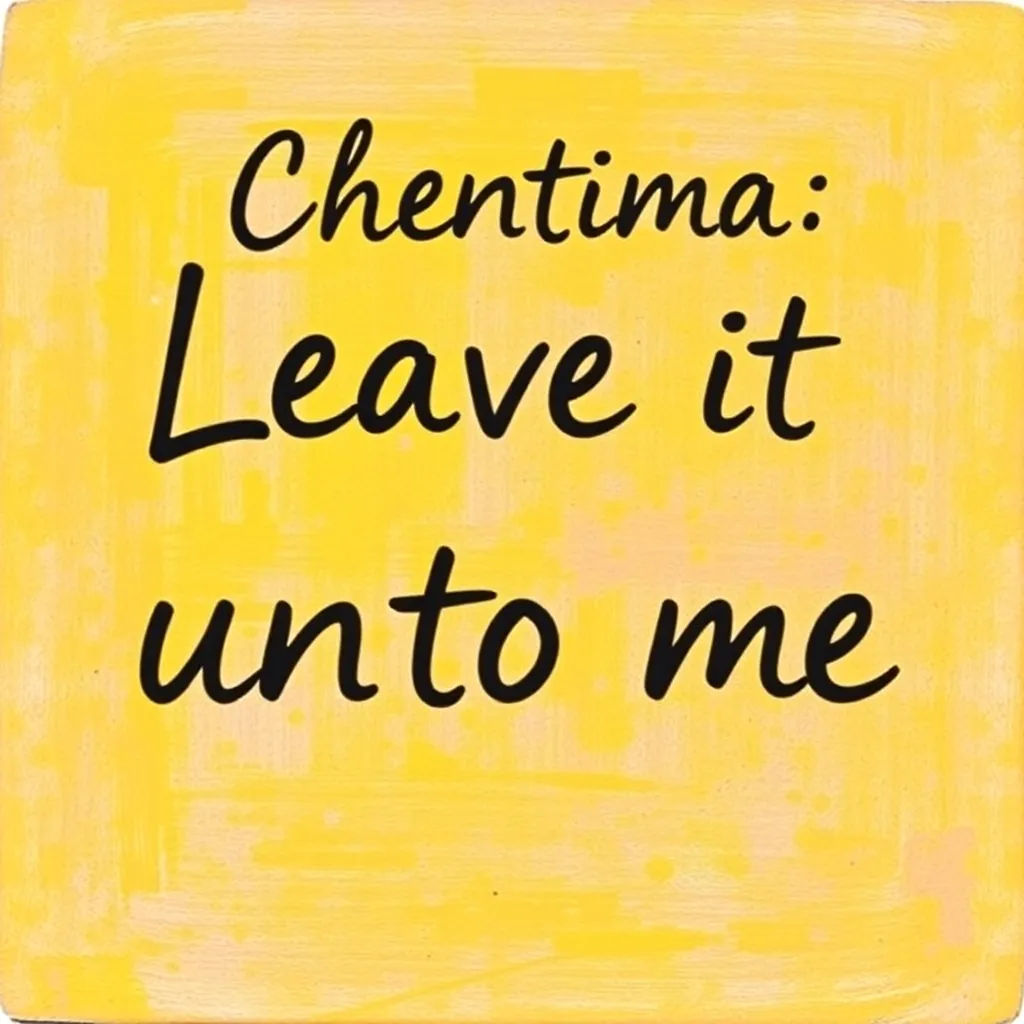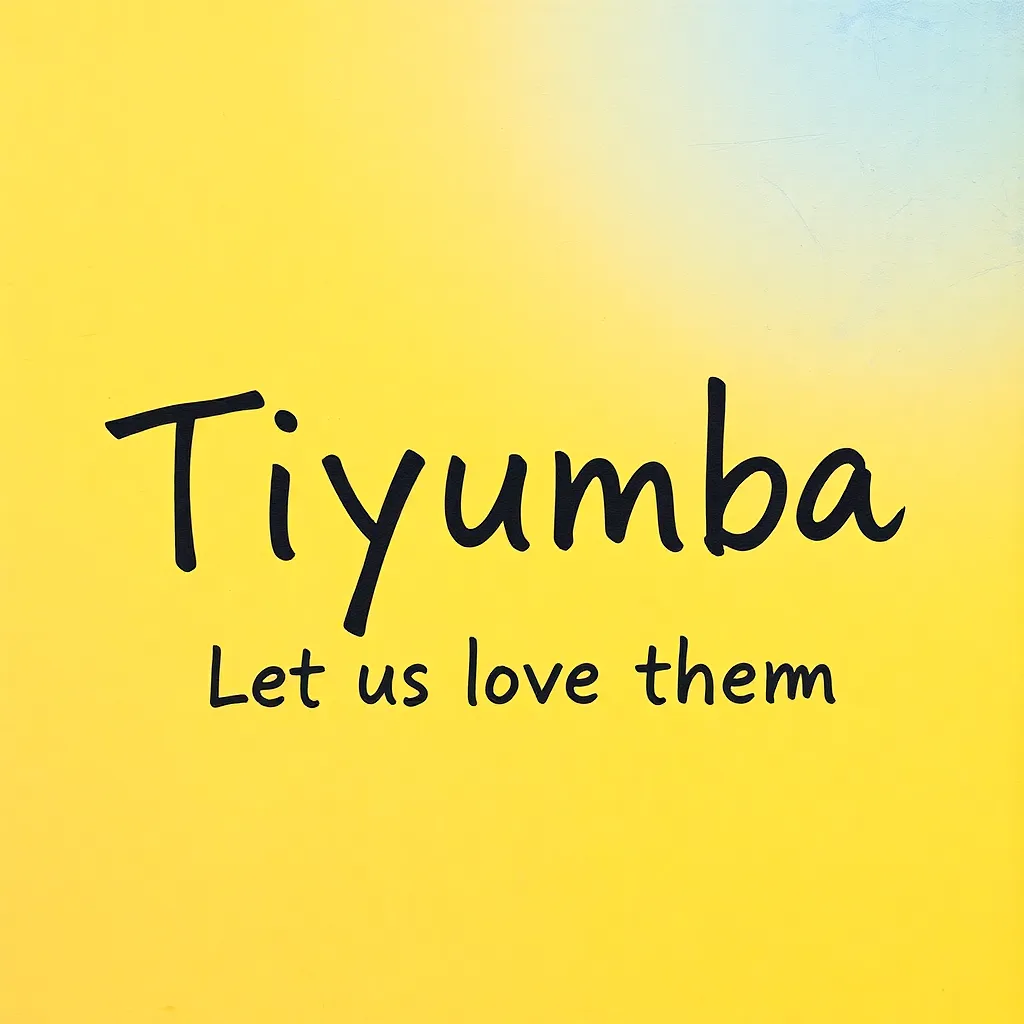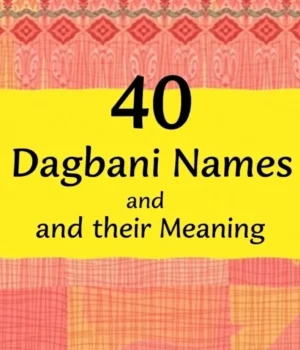Dagbani names are rich in meaning and cultural significance. Many of these names are unisex, making them versatile and widely used across different genders. This inclusivity showcases the cultural diversity within the Dagomba community. These names often reflect traits, virtues, or important historical references, providing a glimpse into the values cherished by the Dagbani people.
In addition to their unisex nature, the meanings behind Dagbani names frequently emphasize qualities such as strength, wisdom, faith and attributes of God. Each name serves as a connection to heritage and identity, allowing individuals to honour their ancestry while embodying the values their families cherish. This deep-rooted connection fosters a sense of belonging and pride within the community.
Moreover, the choice of a name for a child in Dagbon culture goes beyond mere identification. It often signifies the hope and aspirations that parents have for their children. By selecting names with positive meanings, parents express their desires for their children’s futures. This practice highlights the importance of names as a form of guidance and inspiration for the younger generation.
As we explore further into the world of Dagbani names, various categories come to light, including names inspired by nature, historical figures, and significant life events. Each category reveals a unique aspect of Dagbani culture and the values it upholds. Additionally, some lesser-known names and their meanings may surprise you, offering a deeper understanding of the richness and diversity found within Dagbani naming traditions.
Dagbani Names and Their Meaning
Here is a list of commonly used Dagbani names and their precise meaning. These names have great meanings and can be given to both males and females alike.

1. Anamzooya – You are a Mighty God
2. Anisung – Good intention
3. Balima – Persuasion
4. Beninye – Stay and witness
5. Chentiwuni – Entrust to God’s Hands
6. Chentima – Leave it unto me
7. Dahama – Riches
8. Deeshini – Persevere
9. Dingariba – They’ll be shocked
10. Faako – Relieve/Mercy
11. Jemda – Worshiper
12. Kasuli – Calm
13. Mandeeya – I have accepted
14. Malititi – Make things good for us
15. Mbo – Well done
16. Napari – born after twins
17. Nasara – Victory
18. Ndini – My own
19. Neesim – brightness
20. Pagnaa – Queen
21. Pini – Gift

22. Salpawuni – Man is not God
23. Suhuyini – Faithfulness
24. Suglo – Patience
25. Tiyumba – Let us love them
26. Tungteeya – The family has grown
27. Timtooni – Progress
28. Tipagya – We are grateful
29. Vielim – Beauty
30. Wunpini – God’s Gift
31. Wunnam – God’s Might
32. Wunibee – God Exists
33. Wunintira – God is the Giver
34. Wuntia – Faith in God
35. Wunzooya – God is Great
36. Yalsumah – good things
37. Yeda – Permission
38. Yumzaa – Love all
39. Zoosim – Greatness
40. Zugsung – Good luck
Read Also: Uncover the Enchanting Marriage Rite of the Dagbon People
2 Varieties of Drought-Resistant Cowpea Introduced to Northern Farmers








